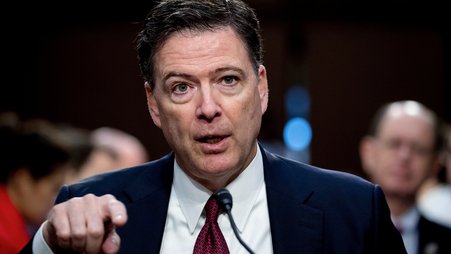It’s the digital security training team at Freedom of the Press Foundation (FPF), with security news that keeps you, your sources, and your devices safe. If someone shared this newsletter with you, please subscribe here.
The risks of license plate location data
404 Media reports that an officer from the Johnson County Sheriff’s Office in Texas searched a nationwide database of more than 83,000 automated license plate reader cameras to monitor the whereabouts of a woman they said sought an abortion. The database at issue is run by a company called Flock Safety, which typically markets its services to law enforcement to aid in investigating crimes like car theft and missing persons. 404 Media reports, “In this case, the sheriff told 404 Media the family was worried for the woman’s safety and so authorities used Flock in an attempt to locate her.” Eva Galperin, director of cybersecurity at the Electronic Frontier Foundation, says, “The idea that the police are actively tracking the location of women they believe have had self administered abortions under the guise of ‘safety’ does not make me feel any better about this kind of surveillance.” Read the Electronic Frontier Foundation’s analysis.
What you can do
- This story illustrates the risks of data aggregated by commercial surveillance companies. While such tools can be used for more benign purposes, such as identifying stolen cars, journalists should be mindful that license plate data is commercially available. Not only can your location be tracked this way, but the same is true for your sources. Likewise, this information is available to anyone with the budget, not just law enforcement actors.
- If you live in the United States, unless you live in a location with robust public transit, this kind of surveillance may be difficult to avoid. This may factor into your risk assessment when meeting with someone sensitive in person or for protecting information about your own physical location, for example, if you park your car outside of your home. Read our guide to risk assessment.
Our team is always ready to assist journalists with digital security concerns. Reach out here, and stay safe and secure out there.
Best,
Martin
–
Martin Shelton
Deputy Director of Digital Security
Freedom of the Press Foundation





